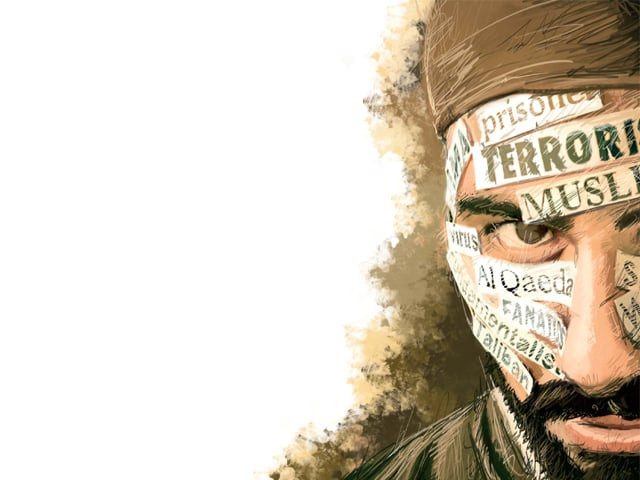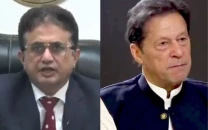Report on terrorism: US points to Pakistan’s terror groups, failure to tackle crisis
‘Pakistani military was unable to expand its operations to all areas of concern’.

Despite having nine foreign terrorist organisations operating in Pakistan, the US State Department, in its 2010 Country Reports on Terrorism, refrained from calling Pakistan “a terrorist state.”
Tracking developments in terrorist activities and groups across the world throughout 2010, the State Department report states that Pakistan, a “critical front” has portions of its territory which are used as a safe haven for extremists, including high-level al Qaeda leaders.
The State Department report cites that most terrorist attacks have occurred in predominantly Muslim countries, with Iraq having the highest number of victims of terrorism. Pakistan has 5,555 victims of terrorism, with 1,680 people having died as a result of terrorist activities.
The report highlights how groups such as Tehreek-i-Taliban Pakistan (TTP) have helped provide material support to international terror plots, such as to the failed Times Square bomber Faisal Shahzad. It mentions the five Americans indicted on terrorism charges in Sargodha and Bryan Neal Vinas’ case, a US citizen who allegedly received explosives training in Pakistan in January 2009. He was arrested and extradited to the US; Vinas has confessed to helping al Qaeda plan an attack “against the Long Island Rail Road in New York and confessed to having fired missiles at a US base in Afghanistan.”
While the report mentions action taken by the Pakistan Army in militant strongholds, it alludes, in its introduction page to Pakistan, to the inaction in North Waziristan: “The Pakistani military…was unable to expand its operations to all areas of concern. Increased sectarian violence between the Sunni and Shia communities and against religious minority communities also resulted in numerous attacks with high casualties.” On operations conducted to eliminate safe havens, the report says that the country “often lacked the capability to ensure these areas remained under the control of Pakistan’s security agencies.”
Another matter of concern for the US, that has often been criticised in Pakistan as well, is the lack of prosecution of terrorists in the judicial system. According to a 2010 review by the US of Pakistan’s Anti-Terrorism Court rulings, Pakistan’s acquittal rate remained at “approximately 75 percent.” According to the State Department, “the review, in conjunction with information provided by Pakistani law enforcement partners, painted a picture of a legal system almost incapable of prosecuting suspected terrorists.” The report says that assistance has been offered by the US Department of Justice to help the Government of Pakistan improve its existing counterterrorism laws.
The State Department Country Reports on Terrorism also lists foreign terrorist organisations, which have been officially designated as so by the United States Government. Pakistan is host to members of at least 9 groups, including al Qaeda, Harakat-Ul-Mujahideen, Islamic Jihad Union, Islamic Movement of Uzbekistan, Jaish-e-Mohammad (JeM), Jundullah, Lashkar-e-Tayyaba, Lashkar-i-Jhangvi and Tehreek-i-Taliban Pakistan. The report also mentions that groups such as JeM freely operate in Pakistan despite being banned.
The report highlights achievements made by Pakistan in tackling the role of informal financial service providers, known as hawalas.
Another highlight of the report is Pakistan’s counterterrorism efforts. “The Government of Pakistan has realised that counter-radicalisation through non-military means is a critical component to long-term success against violent extremism, and has initiated certain counter-radicalisation efforts in 2010.” The report cites that the Ministry of Culture had announced “plans to set up a TV channel focusing on culture and traditions of the country with the objective of countering violent extremism.” It is unclear whether these plans are still active at the Ministry. The report also cites the example of a Pakistan Army-run school in Malakand, which rehabilitates youth influenced by the Taliban. “The UN Children’s Fund-funded school, originally opened in September 2009, provided free religious education and psychiatric counselling to 85 students from Swat, a district heavily influenced by terrorist groups. The students were 13 to 18 years old and few had finished secondary school. The project is the first of its kind in Pakistan.”
Published in The Express Tribune, August 20th, 2011.



















COMMENTS
Comments are moderated and generally will be posted if they are on-topic and not abusive.
For more information, please see our Comments FAQ